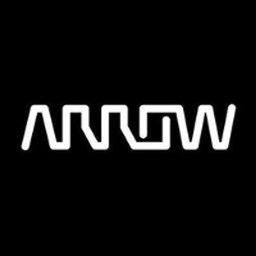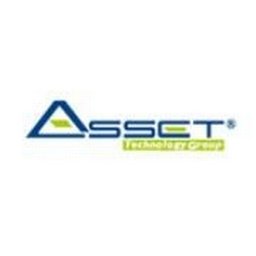Responsibilities
- Data Collection & Integration
- Gather data from various sources, including databases, APIs, and external systems.
- Ensure data quality, consistency, and completeness.
- Data Analysis & Interpretation
- Analyze large datasets to identify trends, patterns, and insights.
- Use statistical tools and techniques to interpret data
- Reporting & Visualization
- Develop dashboards and reports using tools like Power BI, Tableau, or Excel.
- Present findings to stakeholders in a clear and actionable format.
- Collaboration & Support
- Work closely with business units to understand data needs.
- Support IT and business teams with data-driven decision-making.
- Data Governance & Security
- Ensure compliance with data privacy and protection regulations.
- Maintain documentation and metadata for data assets.
- Design and maintain data models and pipelines.
- Perform data cleansing and transformation.
- Monitor data quality and resolve data-related issues.
- Automate data collection and reporting processes.
- Provide ad-hoc analysis and support for strategic initiatives.
Maintain documentation of data processes, procedures, and methodologies to ensure best practices are followed.
- Write SQL queries to extract and manipulate data.
- Create and maintain ETL processes.
- Build interactive dashboards for performance tracking.
- Conduct root cause analysis for data anomalies
- Document data definitions, sources, and workflows.
Duties
- Design and maintain data models and pipelines.
- Perform data cleansing and transformation.
- Monitor data quality and resolve data-related issues.
- Automate data collection and reporting processes.
- Provide ad-hoc analysis and support for strategic initiatives.
Maintain documentation of data processes, procedures, and methodologies to ensure best practices are followed.
Tasks
- Write SQL queries to extract and manipulate data.
- Create and maintain ETL processes.
- Build interactive dashboards for performance tracking.
- Conduct root cause analysis for data anomalies.
- Document data definitions, sources, and workflows.
Qualification and Certificates:
- Bachelor's degree in a related field (e.g., Computer Science, Statistics, Mathematics, or Engineering).
Experience Requirements
1) Professional Experience:
1–3 years of experience in data analysis, business intelligence, or a related IT field.
Hands-on experience with data visualization tools (e.g., Power BI, Tableau, Qlik).
Experience working with relational databases and writing complex SQL queries.
Exposure to ETL processes and data integration techniques.
Experience in working with ERP systems (e.g., SAP, Oracle) or enterprise data platforms.
2) Project Experience
Proven track record of delivering data-driven solutions to support business decisions.
Experience in cross-functional collaboration with IT, business, and operations teams.
Participation in digital transformation or data governance initiatives is a plus.
Knowledge Requirements
Technical Knowledge
- Strong understanding of database management systems (e.g., SQL Server, MySQL, Oracle).
- Familiarity with programming languages for data analysis (e.g., Python, R).
- Knowledge of data warehousing concepts and tools.
- Understanding of cloud platforms and services (e.g., Azure, AWS, Google Cloud).
Analytical Skills
- Proficiency in statistical analysis and data modelling.
- Ability to interpret complex datasets and translate them into actionable insights.
- Knowledge of KPIs, performance metrics, and business reporting standards.
Business Acumen
- Understanding of business processes and how data supports operational efficiency.
- Ability to align data analysis with strategic goals and objectives.
Soft Skills
- Strong communication and presentation skills.
- Problem-solving mindset and attention to detail.
- Ability to manage multiple tasks and prioritize effectively.
Language Skills
- Very Good English Language, both spoken and written





